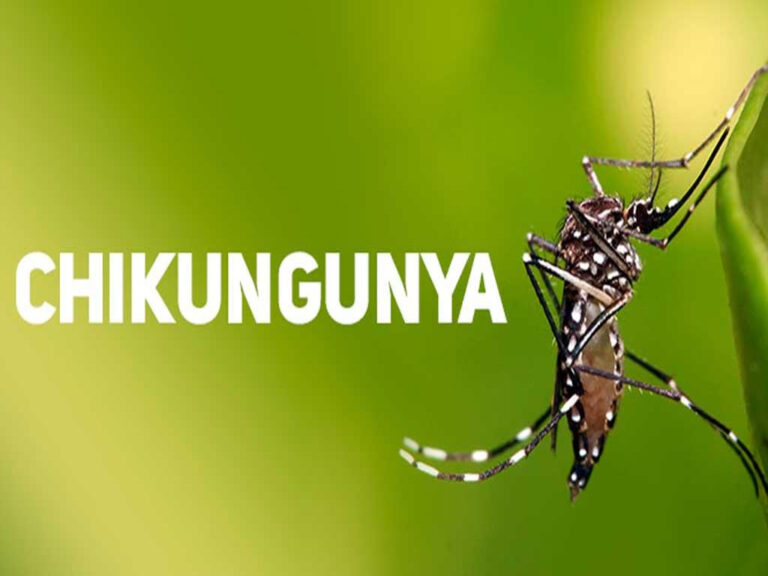At a press conference, Ronald Skews, Epidemiology Director, pointed out that 537,628 suspected cases were reported to the National Epidemiological Surveillance System in 2014, without considering that between 40 to 50% of people with symptoms did not need healthcare services.
Deputy Collective Health Minister Eladio Pérez, on the other hand, said that the major risk group are children and those who in the last outbreak (2015) were not affected, as it is estimated the human body maintains immunity to the disease.
Pérez called the entire Dominican population to collaborate to taking necessary measures to prevent the spread of this disease, “it is important to chlorinate stored water, cover tanks and eliminate devices which can become mosquito breeding sites”.
Finally, Perez highly recommended to avoid self-medication, and in case of suspicion not to take aspirin, diclofenac, ibuprofen or other non-steroidal anti-inflammatory drugs. People should go immediately to nearest health center in case of any symptoms such as fever (for over three days), intense muscle and joint pain, constant abdominal pain, conjunctivitis, vomiting and bleeding from mucous membranes or skin.
pll/rgh/ema









